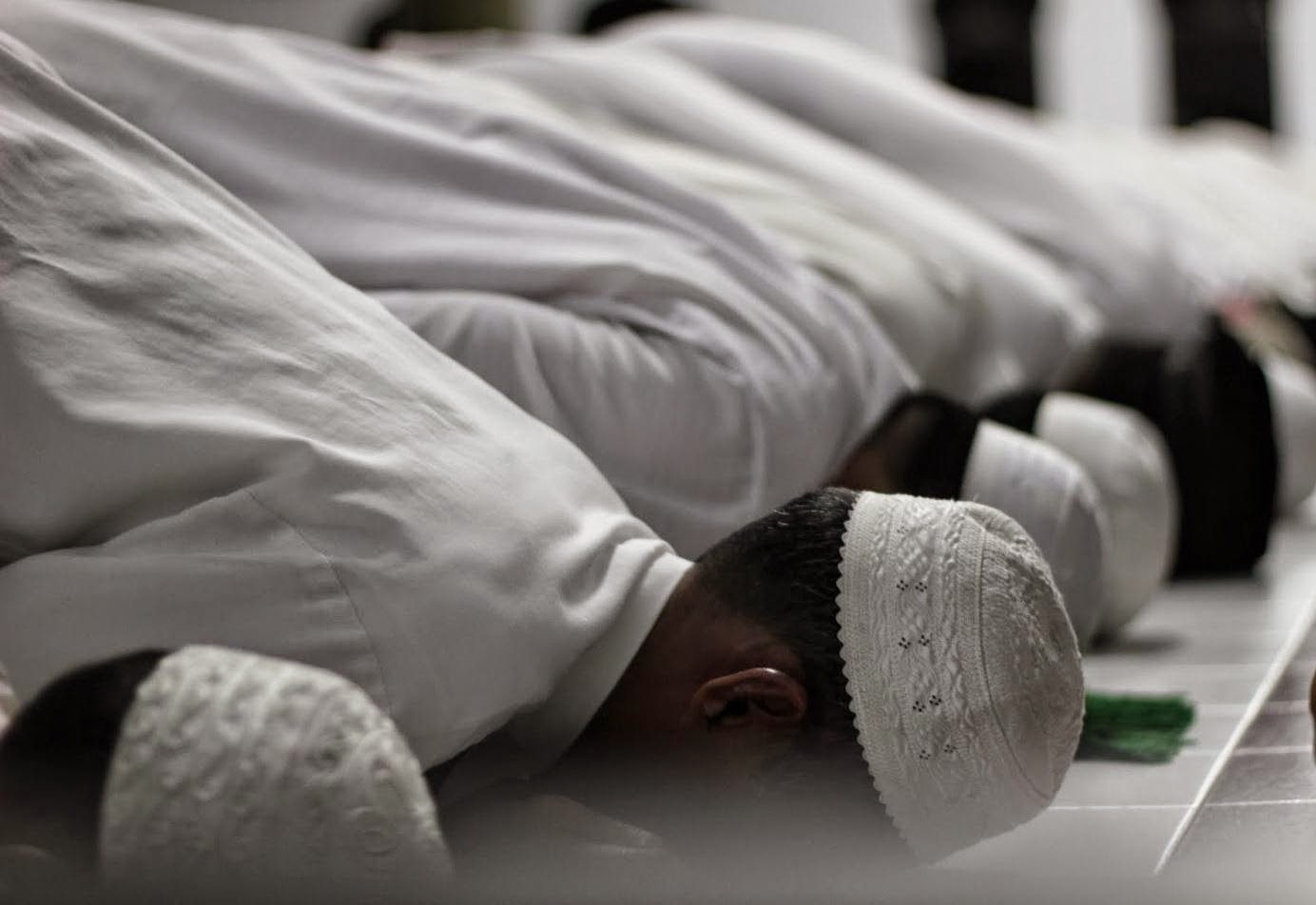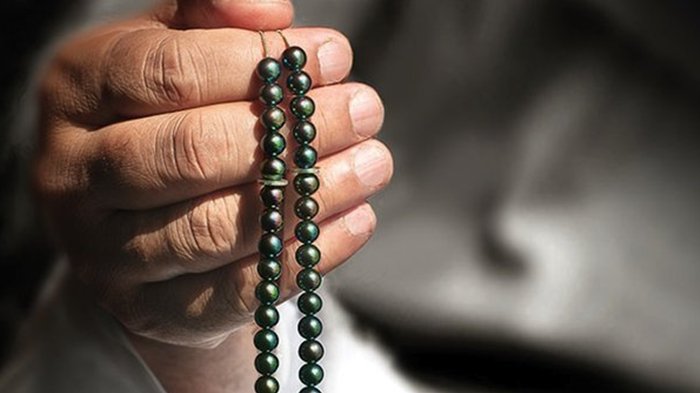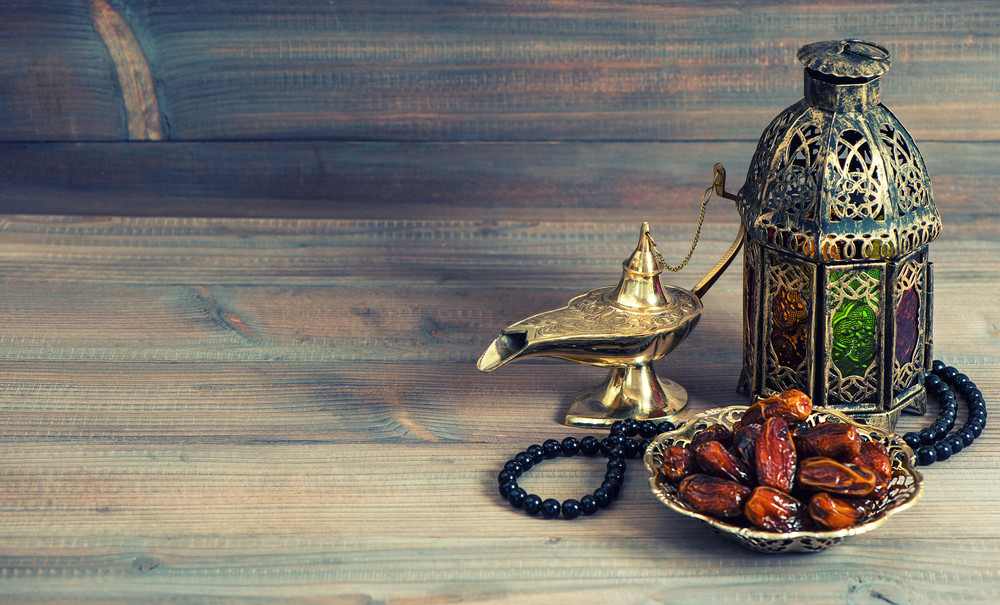QUESTION:
What do the scholars of the Dīn and muftīs of the Sacred Law state regarding the following issue: What are the conditions for a woman to observe i’tikaf? Can she use the entire house for i’tikaf? Can she converse with the people present in the house? What is the duration of i’tikaf for her? What should be done if her menstrual period starts during the i’tikaf?
Questioner: Halima, Australia
ANSWER:
بسم اللہ الرحمن الرحیم
الجواب بعون الملک الوھاب اللھم ھدایۃ الحق والصواب
Firstly, the woman must fix a place for salah (ritual prayer) in the house if a place was not fixed already. This is known as masjid al-bayt. The i’kitaf must be observed at this place. If there is no place in the house which is fixed for salah, then the woman cannot observe i’tikaf at home. The entire house cannot be designated for salah. Thus, the i’tikaf cannot be observed in the entire house. Instead, it should be observed only at the place which has been designated for salah. The woman observing i’tikaf can leave the masjid al-bayt to use the bathroom and toilet. If necessary, she can also speak to people present in the house.
It is mentioned in al-Durr al-Mukhtar:
وَلَا يَصِحُّ فِي غَيْرِ مَوْضِعِ صَلَاتِهَا مِنْ بَيْتِهَا كَمَا إذَا لَمْ يَكُنْ فِيهِ مَسْجِدٌ وَلَا تَخْرُجُ مِنْ بَيْتِهَا إذَا اعْتَكَفَتْ فِيهِ
Translation: “I’tikaf is not valid in a place in the house other than the one designated for salah, i.e. if there is no masjid in the house, the one that she will not leave it except out of necessity whilst observing i’tikaf.”
[al-Durr al-Mukhtar, vol. 2, pg. 441]
It is mentioned in Bahar-i Shari’at: “A woman must observe it (i’tikaf) in the area which she has designated for performing salah, which is known as masjid al-bayt. If a woman has not designated a specific area for salah, then she cannot observe i’tikaf at home. However, at that time, meaning, when she intends to perform i’tikaf, she designates a place for salah, then she may perform it in that place.”
It is a sunnah, for both men and women, to observe i’tikaf in the last ten days of the month of Ramadan, i.e. making intention of i’tikaf and secluding in a masjid or a masjid al-bayt from the time of sunset of the 20th of Ramadan to the sighting of the moon on the 29th or after the sun has set on the 30th of Ramadan.
It is mentioned in Bahar-i Shari’at: “Sunnah Mu’akkadah: i’tikaf for all the last ten days of Ramadan. This is to remain in the masjid with the intention of i’tikaf at the time of the setting of the sun on the 20th of Ramadan, and to exit the masjid on the 30th after sunset, or on the 29th after the moon has been sighted.”
[Bahar-i Shari’at, vol. 1, pg. 1121]
The i’tikaf will be invalidated if the woman’s menstrual period starts during it. In lieu of this, i’tikaf of one day will be necessary upon her as qada (recovery). This can be done during or after Ramadan by fasting for a single day and observing i’tikaf on that day, i.e. make intention qada i’tikaf before maghrib time and seclude to the masjid al-bayt, fast the following day and exit the i’tikaf after maghrib time.
It is mentioned in Bahar-i Shari’at: “If a person sat for the masnun i’tikaf, i.e. for the last ten days of Ramadan, and he broke it, then in this case, he should only perform qada for the one day which he broke. It is not wajib (necessary) for him to make qada of the entire ten days.”
[Bahar-i Shari’at, vol. 1, pg. 1028]
واللہ تعالی اعلم ورسولہ اعلم صلی اللہ علیہ وآلہ وسلم
کتبہ ابو الحسن محمد قاسم ضیاء قادری
Answered by Mufti Qasim Zia al-Qadri
Translated by the SeekersPath Team
Read the original Urdu answer here: [Q-ID0795] Can women use the entire house during Itikaaf Can they talk to others?
Also see:
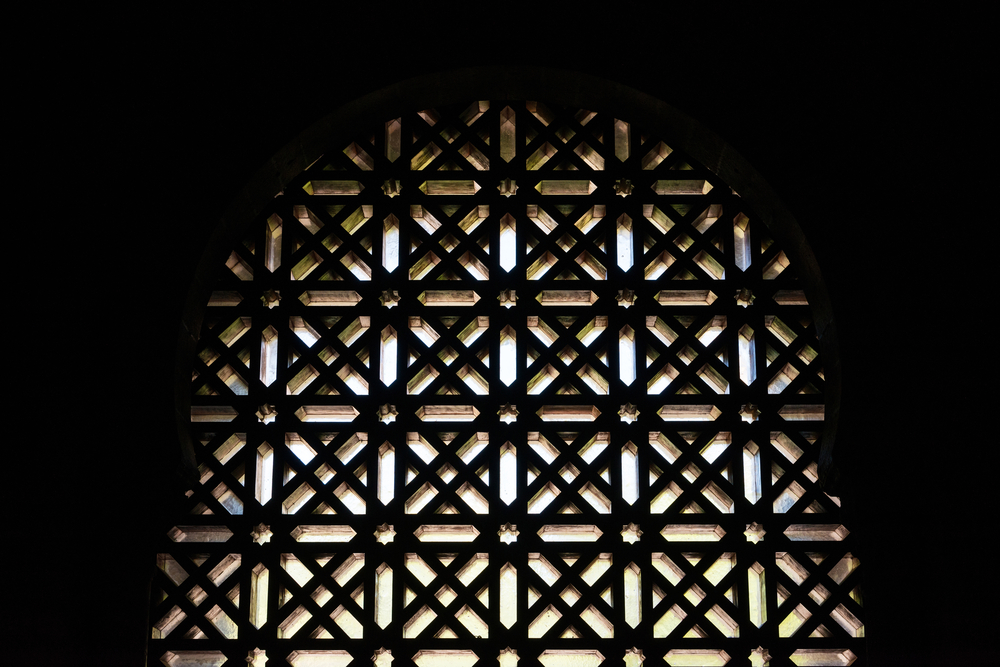







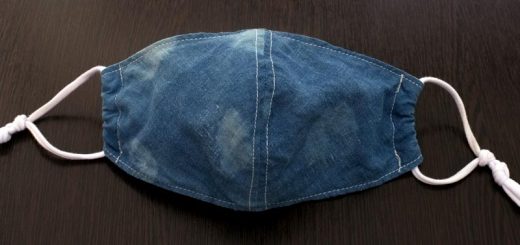




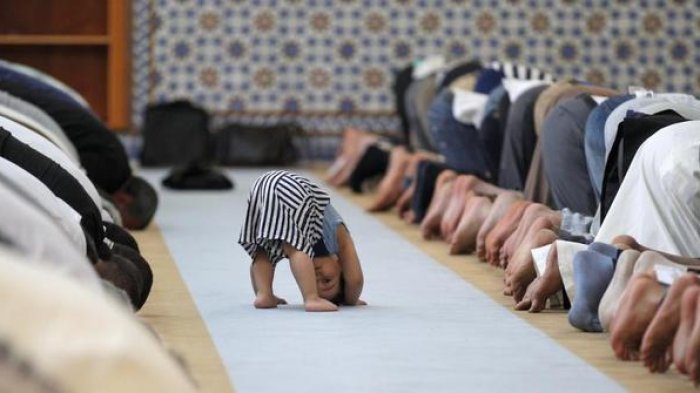





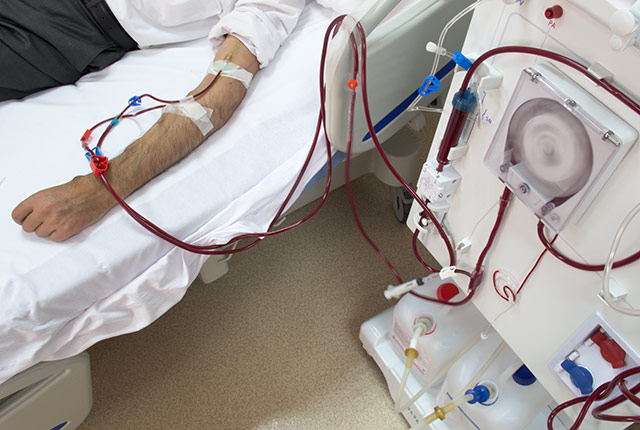
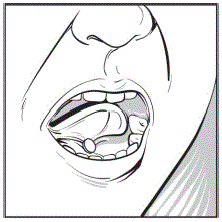



![[Q-ID0698] How is it to have a scan/test via X-ray, ultrasound, MRI, CT, ECG, etc while Fasting?](http://www.seekerspath.co.uk/wp-content/themes/hueman-pro/assets/front/img/thumb-medium-empty.png.pagespeed.ce.q0RS_Oe2Ar.png)





